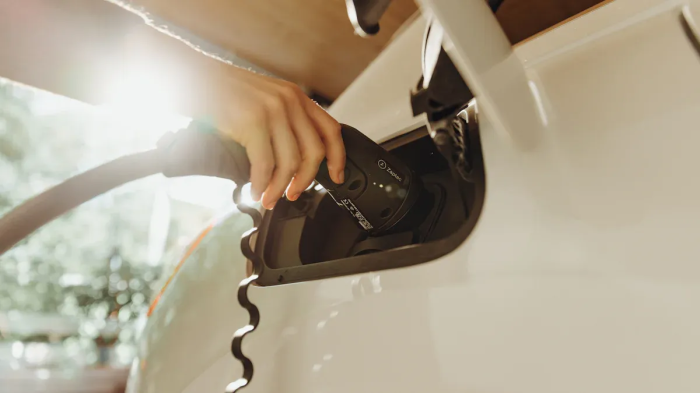
How to Choose the Best EV Charger Pins for Power Charging


You want the best performance when charging your electric vehicle. To achieve this, you should select ev charger pins that match your ev's connector, deliver fast charging, and meet strict safety standards. Choose pins that support thelatest electric vehicle charging connectorsso your ev stays ready for future needs. Reliable pins help your electric vehicles charge efficiently, keeping you on the road with confidence.
Key Factors for EV Charger Pins
Compatibility
You must ensure that your EV charger pins match your vehicle's connector type. Different EV models use various connectors, including CHAdeMO, CCS, and SAE J1772. Selecting the correct connector allows your EV to communicate with the charger and transfer power efficiently. In North America, SAE J1772 is the standard for most EVs, while Tesla vehicles use a proprietary connector but offer adapters for compatibility. When you choose a charger with the standard connector, you guarantee that your EV and even future models or visitors' vehicles can charge without issues.
Tip: Always check your vehicle's charging port before purchasing a charger. This step prevents compatibility problems and ensures seamless charging.
Charging Speed
Charging speed depends on both the connector type and your EV's acceptance capability. You want a charger that matches your vehicle's maximum charging capacity to avoid slow charging or unnecessary costs. The table below compares the charging speeds of popular connector types:
Connector Type | Charging Type | Power Range (kW) | Typical Charging Time / Notes |
Type 1 | AC | Up to 7.4 | Full charge overnight (8-12 hours) |
Type 2 | AC | 3.7 to 43 | Charges in a few hours, suitable for work/shopping durations |
CCS | DC | 50 to 350 | 80% charge in 15-60 minutes depending on power level |
CHAdeMO | DC | Up to 62.5 (current), up to 100 (newer), future up to 400 | 80% charge in 30-60 minutes |
Tesla Supercharger | DC | Up to 250 | Adds ~200 miles in 15 minutes (V3 Supercharger) |
You should select a charger that supports fast charging if you need quick turnaroundtimes. Ultra-rapid chargers deliver up to 350 kW, reducing charging times to as little as 10 minutes.
Safety
Safety is essential when choosing EV charger pins. Look for products with certifications from Nationally Recognized Testing Laboratories, such as UL or ETL. These certifications confirm that the charger meets strict electrical safety standards. The National Electric Code requires NRTL certification for EV charging stations in the US. Certified products display the safety mark on the rating plate, ensuring protection against fire and electric shock. Plugs must have an earth ground connection for user safety.
Note: Always verify that your charger and pins have visible safety marks and meet all required standards.
Future-Proofing
You want your EV charging setup to remain relevant as technology evolves. Choose charger pins and connectors that support multiple standards and higher power outputs. This approach allows you to upgrade your EV or accommodate new models without replacing your charging infrastructure.Consider installation requirements, cable length, and adaptability for different EVs. Planning for future needs ensures you get the most value from your investment.

